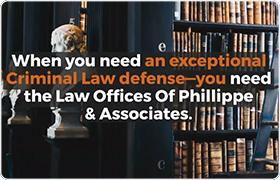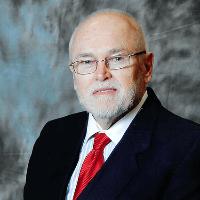Combes RICO Act Lawyer, Texas
Sponsored Law Firm
-
 x
x

Click For More Info:
-
The Law Office Christopher Phillippe
104 North Express Way Brownsville, TX 78521» view mapCriminal Defense Law Helping Those Facing Difficult Times
We are confident in our ability to resolve difficult legal issues, and we will use our years of experience to represent your best interests.
800-659-6781
Not enough matches for Combes RICO Act lawyer.
Below are all Combes Criminal lawyers.
Jose M Gonzalez
Personal Injury, Family Law, Criminal, Immigration, Employment
Status: In Good Standing
Arturo Herrera Saenz
Family Law, Divorce & Family Law, Criminal
Status: In Good Standing Licensed: 34 Years
Alberto Posada
Personal Injury, Immigration, Criminal, Health Care Other
Status: In Good Standing Licensed: 22 Years
Noe Robles
Juvenile Law, Employee Rights, Family Law, Criminal
Status: In Good Standing Licensed: 43 Years
Seferino Islas Trevino
Immigration, Family Law, Criminal, Consumer Bankruptcy
Status: In Good Standing Licensed: 42 Years
Raynaldo Rodriguez
Family Law, Immigration, Criminal, Wills
Status: In Good Standing Licensed: 20 Years
 Christopher Phillippe Brownsville, TX
Christopher Phillippe Brownsville, TX Practice AreasExpertise
Practice AreasExpertise
